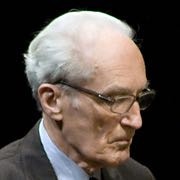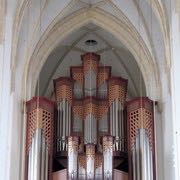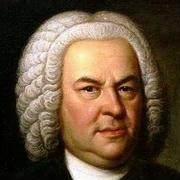George John Malcolm CBE KSG (28 February 1917 – 10 October 1997) was an English pianist, organist, composer, harpsichordist, and conductor.
Malcolm's first instrument was the piano, and his first teacher was a nun who recognised his talent and recommended him to the Royal College of Music at the age of seven, where he studied under Kathleen McQuitty FRCM until he was 19. He attended Wimbledon College, and went on to study at Balliol College, Oxford in the 1930s.
During the Second World War he had a musical role with the RAF becoming a bandleader. After the War he completed his musical studies with Herbert Fryer. He bought a harpsichord at auction and went on to develop a career as a harpsichordist. He continued to make occasional appearances as a pianist, for example in Mozart's music for four hands and with the Dennis Brain Wind Ensemble (with whom he made one of his rare recordings as pianist in the first performance of the Gordon Jacob Sextet, written for the group). As a mentor, he also influenced a number of musicians not necessarily associated with the harpsichord such as Andras Schiff.








